Broccoli for Babies – Benefits and Recipes

Broccoli has become really popular because people know it’s good for health and packed with nutrients. It’s found its way into lots of different dishes, from healthy salads to everyday meals, because it’s so versatile and tasty.
When you’re thinking about giving vegetables to your baby, you might wonder if broccoli is a good choice. It actually is a great option for little ones. Broccoli for baby is full of important nutrients that help babies grow strong and healthy. Just make sure to start with small, soft pieces that are easy for your baby to eat. This makes trying new food safe and fun for them and helps them start to like healthy food early on.
Can Babies Eat Broccoli?
Yes, babies can eat broccoli. It’s a nutritious vegetable that can be introduced into their diet starting around 6 months of age, once they begin eating solid foods. Broccoli is rich in essential nutrients like vitamins C and K, fiber, and antioxidants, which are important for healthy growth and development. To serve broccoli to your baby, it should be cooked until it is very soft and then cut into small, easy-to-manage pieces or pureed to prevent any choking risks. Introducing broccoli in this way can help your baby develop a taste for vegetables and contribute to a healthy eating pattern from a young age.
When Can Babies Eat Broccoli?
Usually, broccoli is generally avoided as the first vegetable that a baby is introduced to. The digestive system of a baby takes time in getting used to solids. The right time to add broccoli to your baby’s diet is at the age of 10 months old or more. Broccoli might also cause gas in certain babies, so if your baby shows such signs, it is best to delay it further.
Nutritional Facts of Broccoli
The nutrients that 100 gms of steamed broccoli contains are as follows:
| Description | Quantity |
| Vitamin A | 31 mcg |
| Vitamin C | 89.2 mg |
| Vitamin E | 0.78 mg |
| Niacin | 0.64 mg |
| Folate | 63 mcg |
| Iron | 0.73 mg |
| Sodium | 33 mg |
| Calcium | 47 mg |
| Magnesium | 21 mg |
| Phosphorous | 66 mg |
| Potassium | 316 mg |
Source: IFCT 2017, ICMR, National Institute of Nutrition
Zinc, manganese, and a few other vitamins are also present in smaller amounts.
Benefits of Broccoli for Babies
Here are some of the benefits of feeding broccoli to babies.
1. Improves Immunity
The greatest thing about broccoli is its tendency to provide a strong boost to the strength of the immunity system. A good amount of vitamin C is present in broccoli. This not only is extremely crucial in strengthening the building blocks of the immune system, but also supports the overall health of the baby, and builds resistance to fight the onslaught of diseases.
2. Develops Eyesight
Another constituent that is present in broccoli in a good amount is vitamin A. Along with the combination of beta-carotene, vitamin A acts directly on making the eyesight of the baby better and sharper. These are further complemented by smaller B-complex vitamins and minerals such as phosphorous, which play a key role in keeping the eyesight healthy.
3. Reduces Anaemia
Our blood vessels contain an important entity called haemoglobin. The core function of haemoglobin is to transport oxygen to various parts of the body via the blood vessels. The development of haemoglobin is completely dependent on the presence of iron in the body, without which a person is termed anaemic. One of the main minerals that broccoli contains is iron, and increasing the amount of iron present in the body helps boost haemoglobin development.
4. Treats Gastric Ulcers
To digest the food consumed, the stomach needs to produce an acid that helps in breaking down the food successfully for the intestine. If the acid production is uncontrolled, the resulting acidity can cause ulcers to form in the gastric portion of the body. In such a condition, a soup made from broccoli can provide much-needed relief to your baby from such ulcers.
5. Rich in Antioxidants
Antioxidants are essential for the body to maintain a healthy balance of all constituents within itself. These also help in detoxing the body and take care of any metabolic free radicals, protecting the cells and tissues of the body. Broccoli is full of such antioxidants, and adding it to your little one’s diet is highly recommended.
6. Reduces Constipation
For any kind of digestive or constipation problems, including fibres and stimulating bowel movement to your baby’s diet, are great ways to take care of these issues. Broccoli contains fibre, which works as a laxative and helps relieve constipation. It helps by absorbing extra moisture and flushing out any impurities, stimulating the digestive process, and keeping the system healthy.
How to Choose and Store Broccoli for Infants?
While buying broccoli from the market, opt for the ones that have dark green or sage shades of colour, with a slightly purplish-green tinge. Make sure that they are uniformly coloured and don’t have any anomalies. If there are any tiny yellow flowers or grey coloured portions, discard that broccoli.
At home, store it in an open bag in the vegetable section of the fridge. Avoid storing it for more than 4 days.
Precautions to Take When Giving Broccoli to Babies
Keep in mind the following things before giving broccoli to your baby:
- While buying broccoli, choose the one that is heavy and is firm to touch. A heavy broccoli is a good indication of a healthy broccoli.
- Check the stalks inside the broccoli for the presence of moisture. If moisture has accumulated inside it, the chances of infections are higher. If it is not evident on the outside, while cutting the broccoli, re-check for the presence of any moisture.
- Always wash the broccoli thoroughly after cutting it. This will remove any impurities and dirt present in it.
- Never give raw broccoli to your child, since it may have bacteria or other impurities present even after washing. It’s best to give boiled or steamed broccoli, or any other dish where the broccoli has been properly cooked.
How to Cook Broccoli for Babies?
Cooking broccoli in order to make broccoli soup for babies is pretty simple. Make sure the broccoli is cut into tiny pieces and boil them properly with the soup. Once thick consistency is achieved, and other ingredients are added, remember to strain all the broccoli prior to serving the soup to your baby.
How to Prepare Broccoli for Baby-led Weaning?
When it comes to baby-led weaning for broccoli, it’s essential to ensure that it is cooked until soft to minimize choking hazards while still retaining its nutrients. Here’s how you can prepare broccoli for different stages of your baby’s development:
1. For 6 to 8 Months
At this stage, babies are typically just starting to explore solid foods. Steam or boil broccoli until it is very soft and then cut it into small, manageable pieces or mash it to a suitable texture for your baby to grasp and eat safely.
2. For 8 to 10 Months
As your baby becomes more accustomed to chewing and swallowing, you can continue to offer cooked broccoli but with slightly larger pieces to encourage self-feeding. Ensure that the broccoli is still soft and easily mashable with little pressure.
3. For 10-12 Months
By this stage, your baby may have developed more advanced chewing skills. Offer broccoli florets cooked until soft but still firm enough for your baby to pick up. You can also try serving broccoli in different forms, such as steamed or roasted, to introduce varied textures and flavors into their diet. Always supervise your baby closely during mealtimes to ensure they are eating safely.
What Foods to Mix With Broccoli for Baby?
Mixing broccoli with other foods can help enhance its taste and provide additional nutrients. Here are some foods you can mix with broccoli for your baby:
- Sweet potatoes
- Carrots
- Peas
- Cauliflower
- Avocado
- Spinach
- Butternut squash
- Chicken or turkey (cooked and finely shredded)
- Lentils
- Quinoa
Nutritious Broccoli Recipes for Your Child
You can try these recipes to help make your kids enjoy broccoli.
1. Broccoli and Cheese Nuggets
These Broccoli and Cheese Nuggets are a delightful blend of nutritious broccoli and flavorful cheese, offering a fun and tasty way for your child to enjoy their veggies.
Ingredients
- Cooked, drained, and chopped broccoli
- Breadcrumbs or baby cereal
- Shredded cheddar cheese
- A few eggs or vegetable puree
How to Cook
- Prepare the oven by heating it to a temperature of 190 degrees.
- Take a baking sheet and coat it properly with some olive oil.
- Take a bowl and combine all the ingredients in it. Mix it properly and add some seasonings if you like.
- With the mixture ready, take a portion in your hand and shape it like a nugget. Place it on the baking tray. Repeat this step to make nuggets from the entire mixture.
- Place the tray in the oven and bake for about 15 minutes. Pull the tray out, flip the nuggets, and bake for another 5-10 minutes.
- The nuggets are ready to be served!
2. Broccoli Carrot Puree
By gently steaming fresh broccoli and tender carrots until they’re soft, then blending them together, you create a smooth and velvety puree that’s as nourishing as it is flavorful.
Ingredients
- Broccoli
- Peeled and diced carrots
How to Cook
- Wash the broccoli properly in cold water.
- Chop the broccoli along with the stems into tiny pieces. For a smoother puree, use only the florets.
- Take a pan and add the broccoli along with diced carrots. Add some water to it, and let the vegetables boil. Alternatively, you could steam them together in a steamer until they are soft.
- Transfer them to a bowl and mash the vegetables together until they form a puree.
3. Cheese Broccoli Rice
Cheese Broccoli Rice offers a comforting and cheesy twist on a classic dish, making it a hearty and satisfying option for your child.
Ingredients
- Broccoli
- Cooked brown rice
- Shredded cheddar cheese
How to Cook
- Wash the broccoli properly in cold water.
- Chop the entire broccoli into tiny pieces. Put them in a steamer and steam until they become soft.
- Take a pot and mix the broccoli with rice. Place the pot over a low flame and let the rice cook.
- Add cheese to the bowl, and stir it well. Cook it until the cheese has melted completely.
- Turn off the flame, and mash the entire mixture together to the desired consistency.
4. Broccoli Cream Soup
With tender broccoli florets, sautéed onions, and a velvety chicken broth, this soup provides a nourishing and satisfying option that’s perfect for chilly days and growing appetites.
Ingredients
- Broccoli
- Olive oil
- Chopped onions
- Chicken broth
- Oregano
- Pepper
- Milk with reduced-fat
How to Cook
- Take a large pan and add oil to it. Heat it over a medium flame, and add the onions to it. Saute them until they soften.
- Then, add the broccoli, oregano, pepper, and broth. Stir it properly and bring it to a boil over a medium-high flame.
- Once boiled, reduce the flame to medium, and let it cook until the broccoli softens.
- Turn off the heat, and add milk to it. Stir it properly and pour it into a blender. Blend it all together to get a soup consistency. Heat it once again before serving.
5. Basic Broccoli Puree
Simple yet nutritious, Basic Broccoli Puree offers a straightforward way to introduce this healthy vegetable to your baby’s diet.
Ingredients
- Broccoli
How to Cook
- Wash the broccoli properly with cold water.
- Chop it into small pieces.
- Steam it until it softens. Blend it together to form a smooth puree.
- Add water to it, if you want to make the consistency to be thinner.
- Your broccoli puree is ready! This is a great broccoli baby food recipe that can be made at any time.
6. Broccoli and Potato Mash
This wholesome dish is perfect for babies transitioning to more textured foods and is sure to be a hit at mealtime.
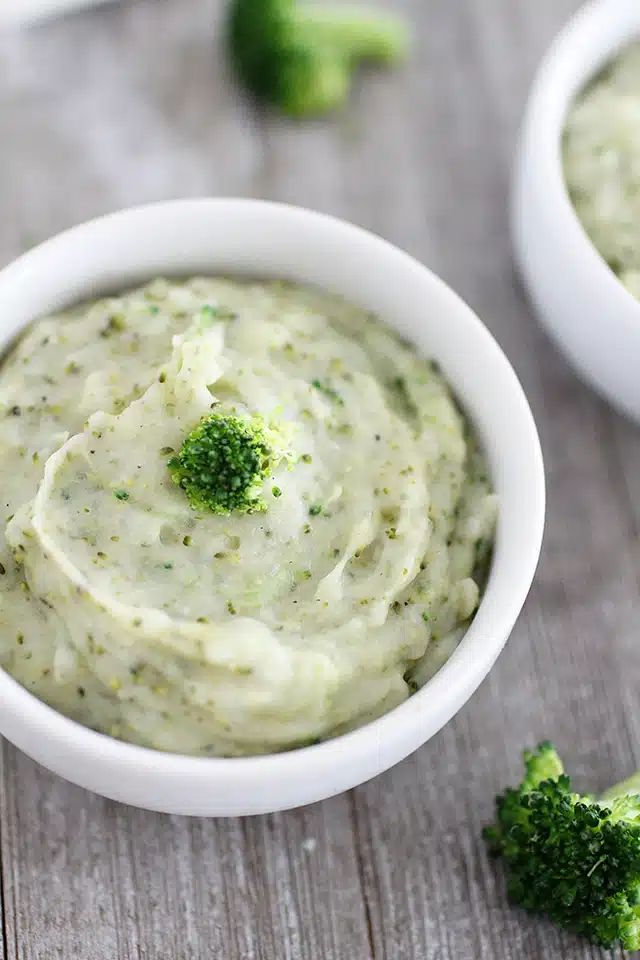
Source: Pinterest
Ingredients
- Broccoli florets
- Potatoes
- Milk
- Butter
- Salt and pepper (optional)
How to Cook
- Start by washing and cutting the potatoes into small chunks. Then, steam or boil them until they are tender.
- While the potatoes are cooking, steam the broccoli florets until they are soft and easily mashable.
- Once both the potatoes and broccoli are cooked, drain any excess water and transfer them to a mixing bowl.
- Add a splash of milk and a pat of butter to the bowl, then mash the potatoes and broccoli together until you reach your desired consistency. You can use a potato masher or fork for this step.
- Season with salt and pepper if desired, then serve the broccoli and potato mash warm as a nutritious and delicious side dish for your little one.
FAQs
1. Can I buy organic broccoli for the baby?
Unlike general vegetables, the presence of pesticides or insecticides in broccoli is negligible if you buy the organic ones. If you can afford organic broccoli, you can definitely buy those for your baby.
2. Can I use frozen broccoli for the baby?
Fresh broccoli is always better than frozen. However, if you are left with no other option, opt for frozen broccoli that is uncut, since you will require both stems and florets in your recipes.
3. Does broccoli cause gas problems in babies?
Broccoli contains a specific sugar called raffinose that cannot be digested by adults as well. This usually causes gas in both children as well as grown-ups. However, as long as your baby can digest other food items pretty well, there is no reason not to give him broccoli.
4. Are there any allergy concerns with feeding broccoli to babies?
Broccoli is not a common allergen, so it is unlikely to cause allergic reactions in most babies. However, it’s always a good idea to monitor your baby for any signs of food allergies or intolerances when introducing new foods, including broccoli. If you notice any adverse reactions, consult with your pediatrician.
5. How can I encourage my baby to eat broccoli if they seem reluctant?
If your baby is hesitant to try broccoli, you can try offering it in different forms, such as pureed, mashed, or chopped into small pieces. You can also mix it with other foods they enjoy or incorporate it into familiar dishes like soups or casseroles. Additionally, leading by example and demonstrating your own enjoyment of broccoli may encourage your baby to give it a try.
The health benefits of broccoli are astounding. With multiple broccoli puree recipes for babies, you can ensure those nutrients find their way into your baby’s body in the right manner. A balanced diet with the right vegetables is the best culinary choice for your baby.
References/Resources:
1. Broccoli, raw; Food Data Central; U.S. Department of Agriculture; https://fdc.nal.usda.gov/fdc-app.html#/food-details/170379/nutrients
2. Syed. R, Moni. S, Break. M, Khojali. W, et. al.; Broccoli: A Multi-Faceted Vegetable for Health: An In-Depth Review of Its Nutritional Attributes, Antimicrobial Abilities, and Anti-inflammatory Properties (Antibiotics); National Library of Medicine; https://www.ncbi.nlm.nih.gov/pmc/articles/PMC10376324/; July 2023
3. Le. T, Luong. H, Li. H, Chiu. C, et. al.; Broccoli (Brassica oleracea L. var. italica) Sprouts as the Potential Food Source for Bioactive Properties: A Comprehensive Study on In Vitro Disease Models; MDPI; https://www.mdpi.com/2304-8158/8/11/532
4. Li. H, Liu. H, Guo. H, He. X, et. al.; Nutritional values, beneficial effects, and food applications of broccoli (Brassica oleracea var. italica Plenck) (Trends in Food Science & Technology); Science Direct; https://www.sciencedirect.com/science/article/abs/pii/S0924224421006725; January 2022
5. Owis. A; Broccoli; The Green Beauty: A Review; Journal of Pharmaceutical Sciences and Research; https://www.jpsr.pharmainfo.in/Documents/Volumes/vol7Issue09/jpsr07091515.pdf
Also Read:
Spinach for Infant
Cabbage for Babies
Health Benefits of Cauliflower for Infant
Was This Article Helpful?
Parenting is a huge responsibility, for you as a caregiver, but also for us as a parenting content platform. We understand that and take our responsibility of creating credible content seriously. FirstCry Parenting articles are written and published only after extensive research using factually sound references to deliver quality content that is accurate, validated by experts, and completely reliable. To understand how we go about creating content that is credible, read our editorial policy here.






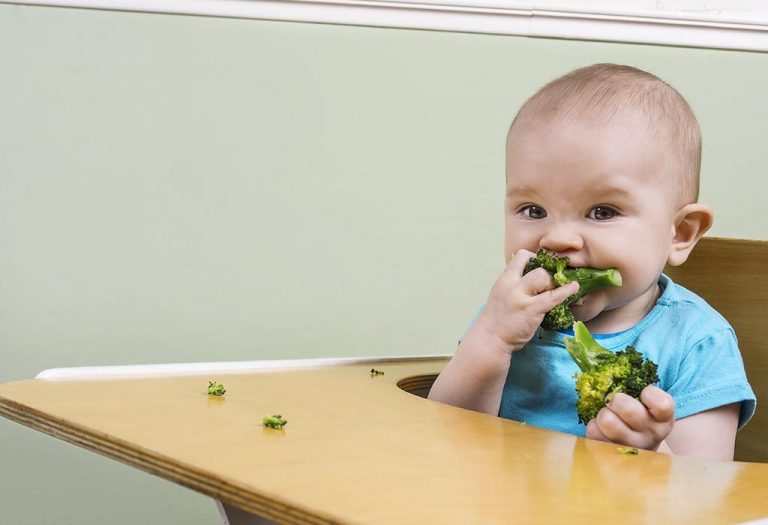
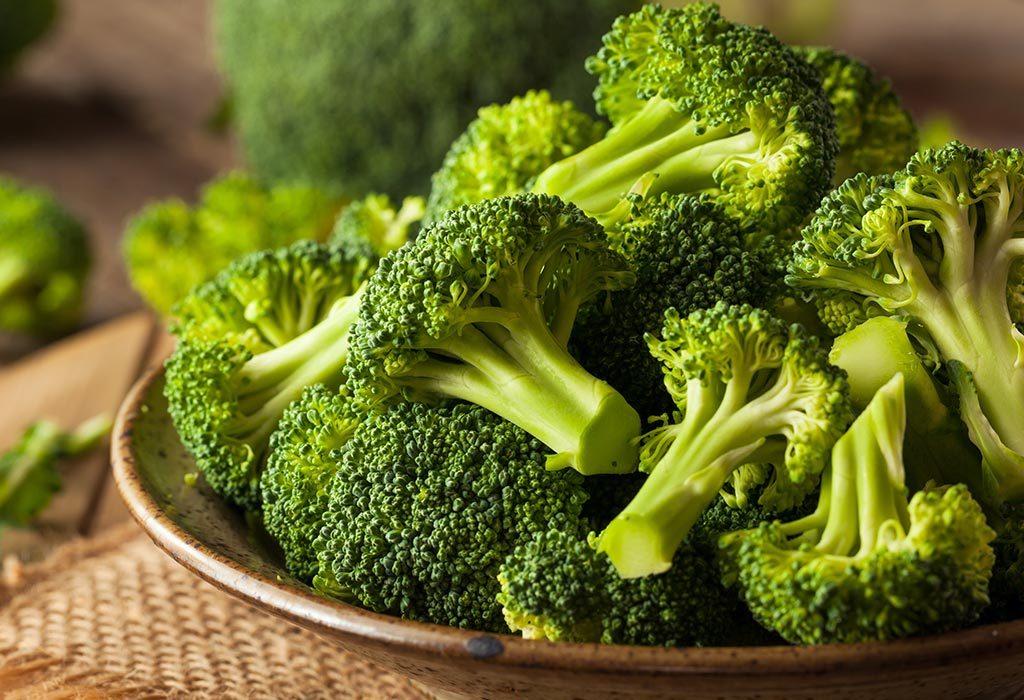
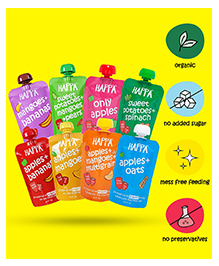
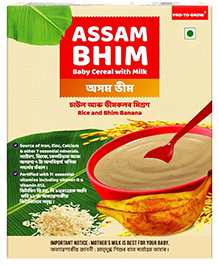
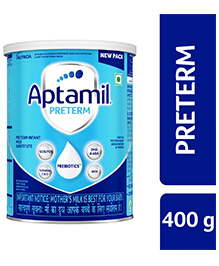
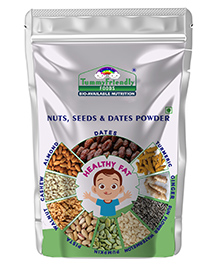
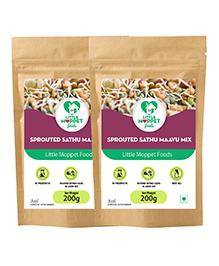

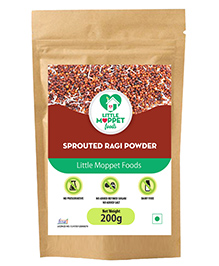
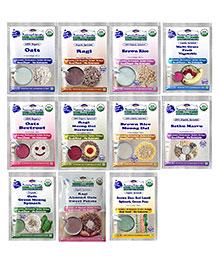
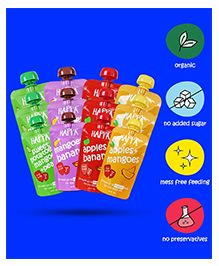
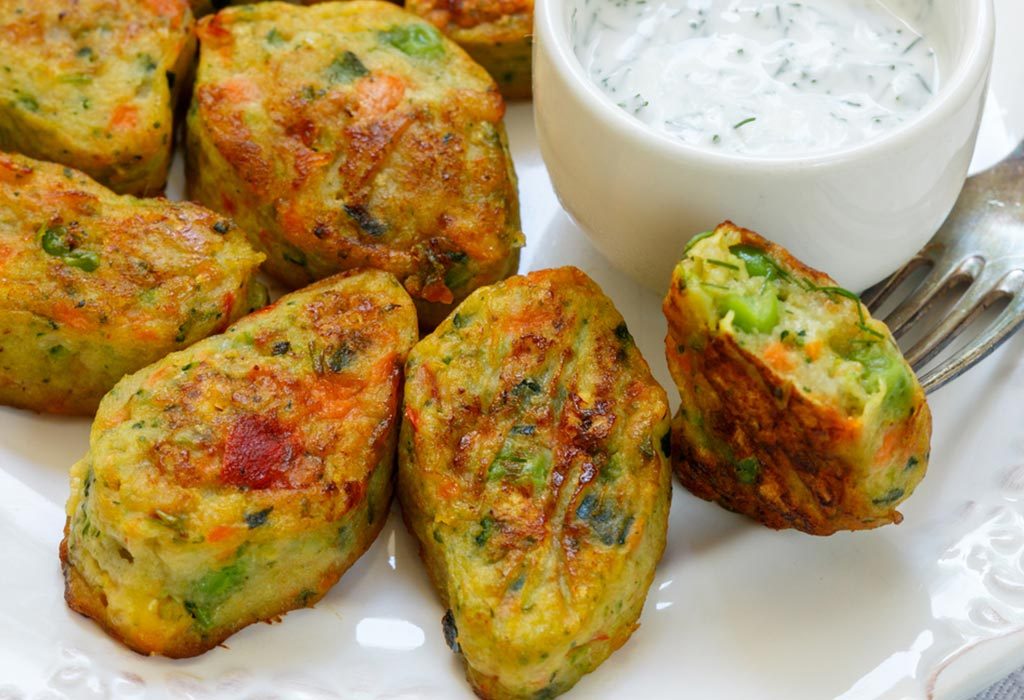
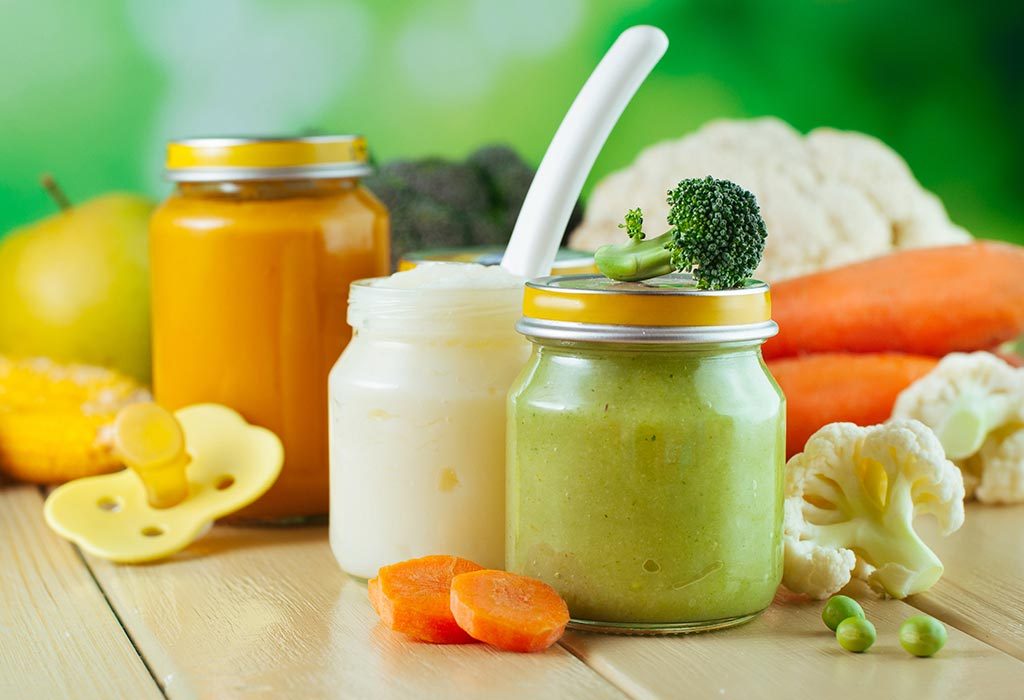
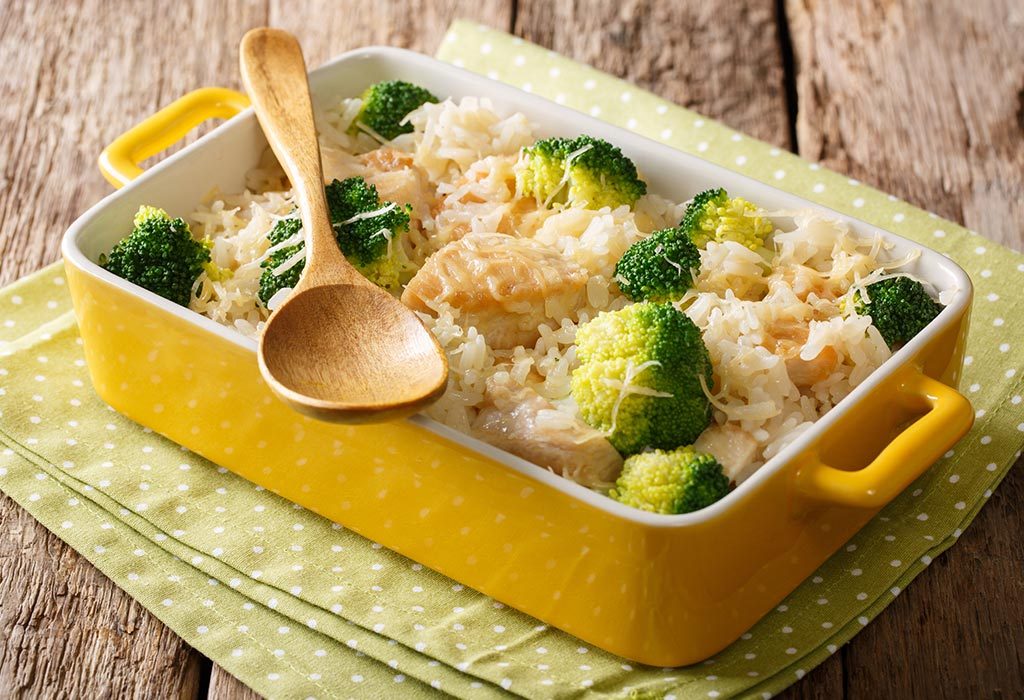
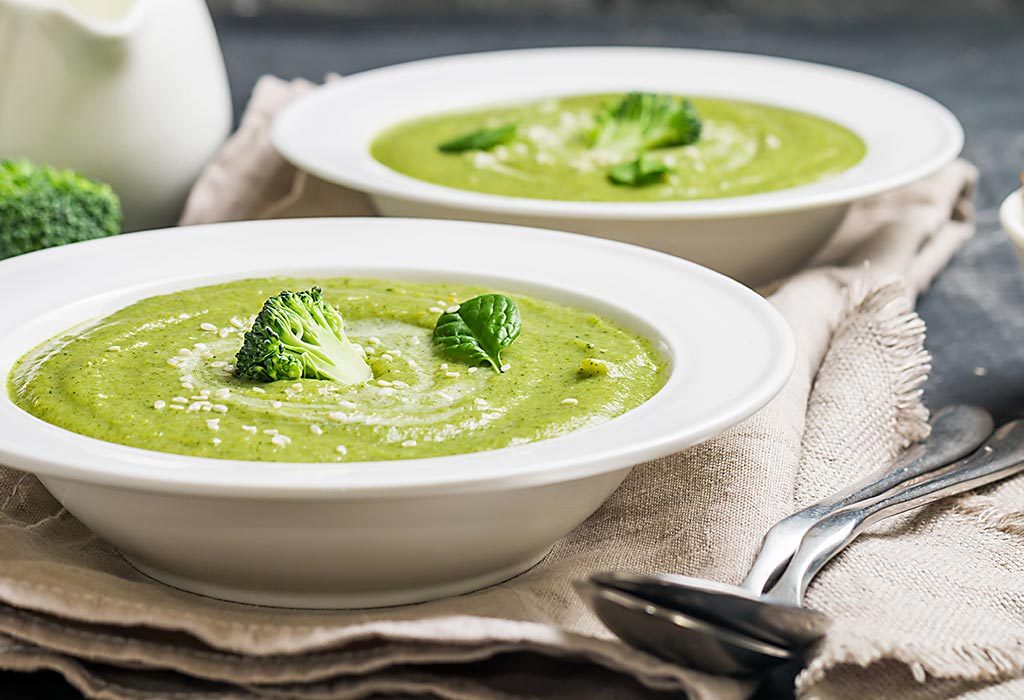
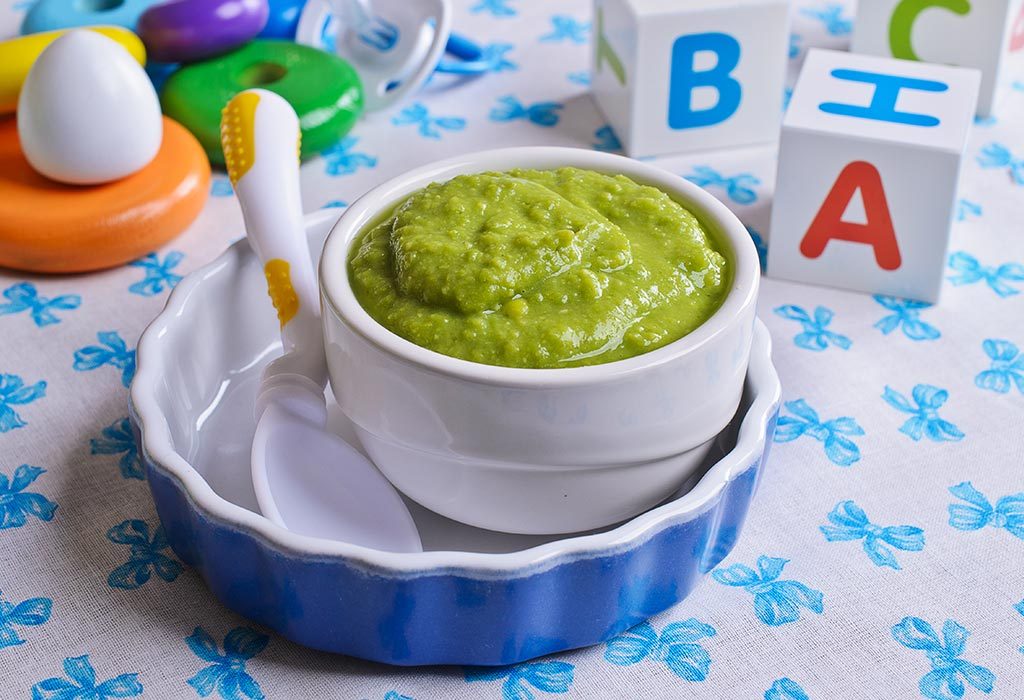
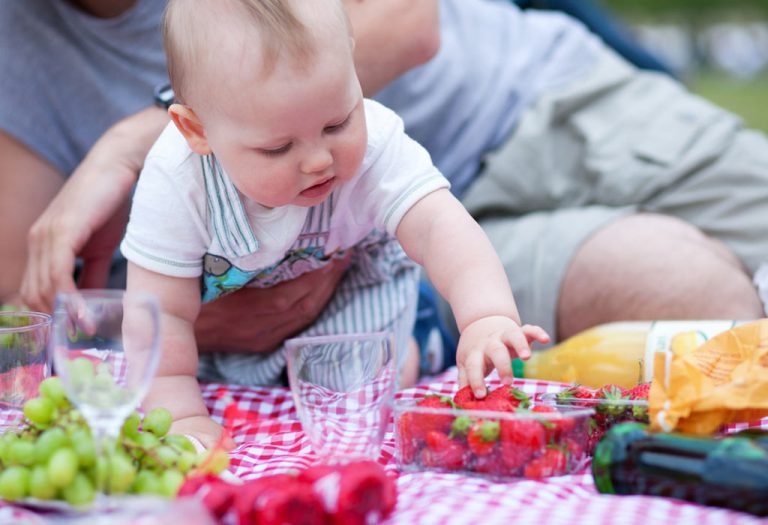
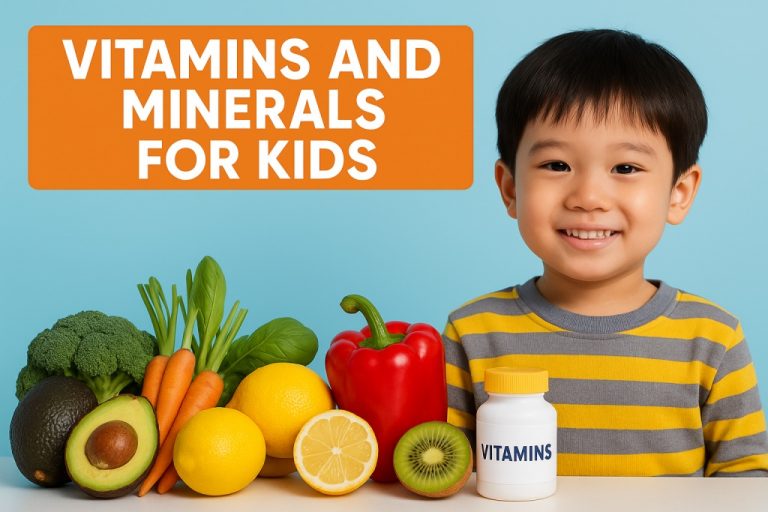
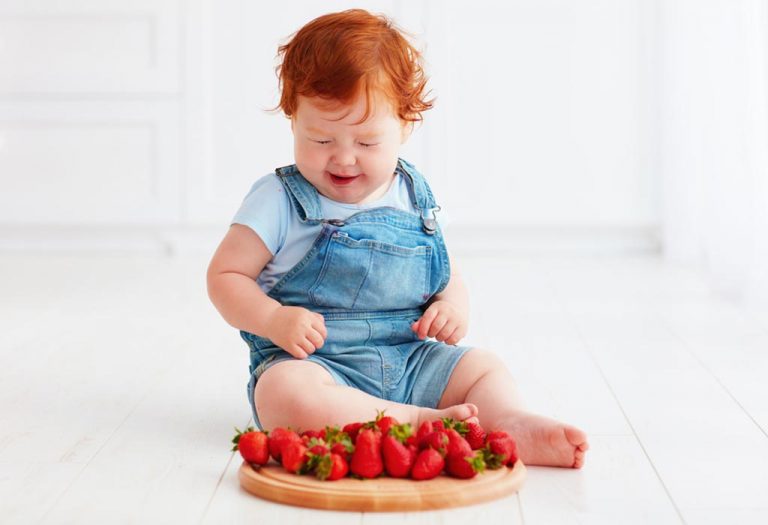
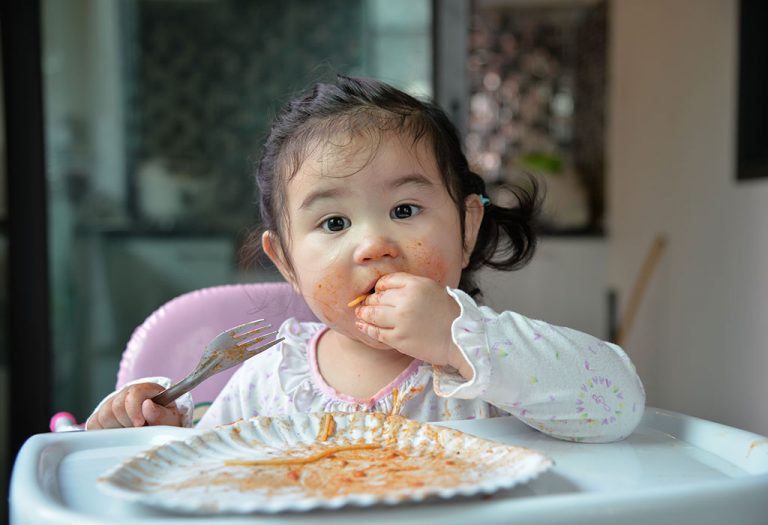

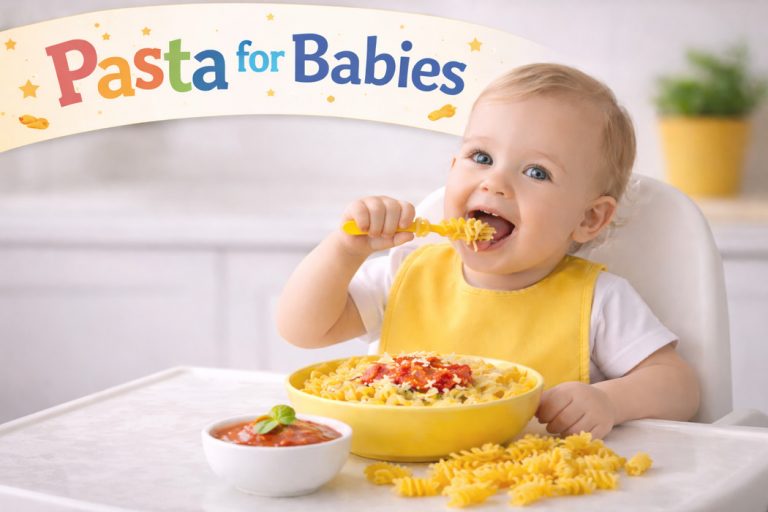

.svg)


















